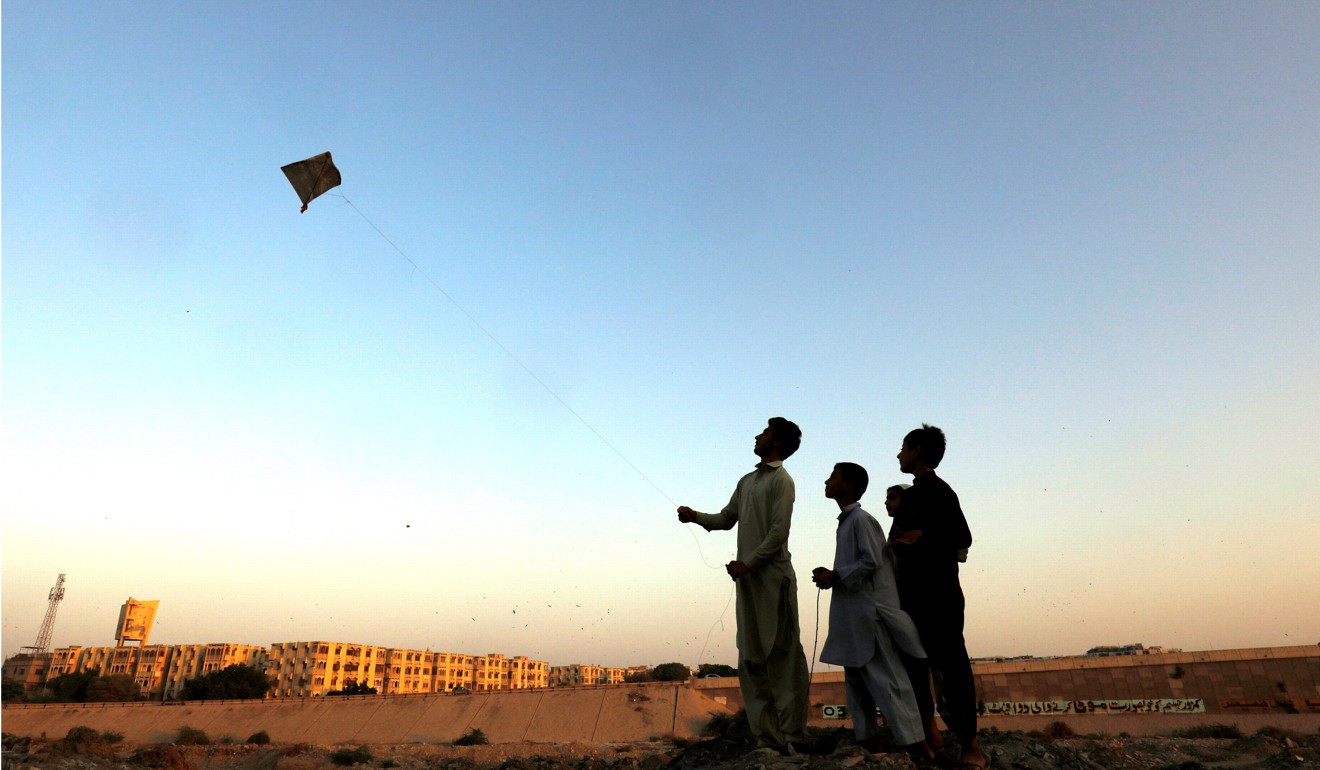
Pakistan’s Catch-22: how can it keep Chinese investors happy, but not alienate the US?
- Abdul Basit says the political skills of Pakistan’s new government are being put to the test. Islamabad must ensure progress on its belt and road projects with China, and still win Washington’s support to get an IMF loan and stay afloat
This new competition will have far-reaching consequences for global trade, peace and inter-state relations. In the ensuing political rebalancing, new rivalries and alliances will be born.
Pakistan desperately needs up to US$12 billion to boost its depleting foreign reserves and bridge its fiscal and current account deficits. As of this week, due to external debt servicing and the depreciation of the rupee against the dollar, Pakistan’s foreign reserves have reportedly dipped under US$8 billion – when it still has to make debt payments of US$8 billion till December. Unsurprisingly, the Pakistani stock market has tanked.

At a meeting with the Pakistani delegation in Indonesia, the IMF demanded Pakistan disclose the terms and conditions of the Chinese loans and infrastructure projects. Such demands are Chinese redlines: Beijing has been very sensitive about the details of the projects.
Since January 2018, the hardline policies of the Trump administration have accelerated Pakistan’s gravitation towards China. That month, the US froze US$2 billion in military aid to Pakistan. In June, Pakistan was put back on the Financial Action Task Force’s “grey list” of nations with inadequate controls to prevent terrorist financing; the US was instrumental in Pakistan’s reappearance on the list. In September, the US cancelled US$300 million in counterterrorism reimbursements to Pakistan.
Pakistani Prime Minister Imran Khan will visit China in the first week of November. Ahead of his trip, the Chinese authorities’ willingness to renegotiate and redesign the China-Pakistan Economic Corridor projects in line with his government’s vision and policies indicates that Beijing will accommodate Islamabad to keep its influence.
In response to the IMF’s demands that Pakistan disclose the terms and conditions of its economic corridor agreements, China has urged the IMF not to politicise the matter and to assess Islamabad’s request objectively and professionally. The Chinese foreign ministry expressed support for Pakistan’s request for an IMF loan and denied allegations that the economic corridor loans were the reason for Pakistan’s debt woes.
Beijing’s insistence on continuing with the economic corridor projects and Washington’s influence on the IMF have left Islamabad in a Catch-22 situation. On the one hand, Pakistan cannot afford to lose an investor like China. Moreover, the infrastructural development will improve its prospects of foreign direct investment in the long run. On the other hand, Pakistan cannot alienate the US, which still has troops in Afghanistan. No country other than the US has the diplomatic, economic and military clout to avert a civil war in Afghanistan, which will have a direct negative impact on Pakistan.
Faced with a similar situation, several Southeast Asian countries have hedged between the two great powers: they are neither fully independent nor clearly aligned. T he new Pakistani government’s political skills will be put to the test, as Islamabad recalibrates its ties with China and the US and seeks to balance its economic and strategic interests.
Abdul Basit is an associate research fellow at the S. Rajaratnam School of International Studies, at the Nanyang Technological University in Singapore. [email protected]

